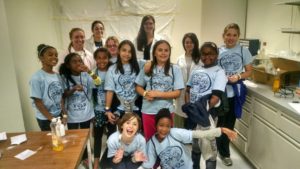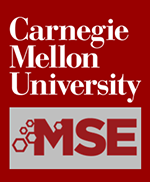Fall 2014 (Tulane)
Farren Curtis was awarded the Center for Computational Science (CCS) IBM Fellowship
Noah Rahman was awarded the LA-SiGMA Graduate Fellowship
We welcome new Postdoctoral Fellow Xiaopeng Wang (PhD Shandong University, 2014) and new graduate student Sanjaya Lohani
Noa is co-organizing with John Dobson (Griffith University, Australia) the focus session “Van der Waals Bonding in Advanced Materials” at the 2015 APS March Meeting (March 2-6, San Antonio, TX):
Van der Waals interactions are ubiquitous in nature and play an important role in the structure, stability, and function of molecules and materials studied across all of the major disciplines of science, ranging from structural biology to supramolecular chemistry and condensed matter physics. These non-bonded interactions are inherently quantum mechanical phenomena resulting from dynamical correlation among collections of electrons, and remain a substantial challenge to date for both accurate first-principles theoretical calculations and direct experimental characterization. Hence, the aim of this Focus Topic is to directly address this challenge by highlighting the current state-of-the-art in both the theoretical description and experimental measurement of van der Waals interactions in materials of interest. In doing so, we hope to bridge the gap between theory and experiment, thereby laying the groundwork for future collaborative research – an approach that is necessary for describing these fundamental interactions in materials of increasing complexity. We also hope to strengthen links between the communities specialized in quantum chemistry, solid-state many-body theory, and Casimir physics.
Please submit your abstracts!
Noa is co-organizing with Geoff Hutchison (University of Pittsburgh) and Chad Risko (University of Kentucky) the Telluride Science Research Center (TSRC) workshop “Multiscale Simulations of Organic Electronic Materials” (July 13-17 Telluride, CO)
Farren Curtis participated in Girls in STEM day at Tulane (GIST). This is a program designed for 5th-8th grade girls who come to Tulane and participate in science experiments run by Tulane’s female graduate students and professors. The goal of GIST is to provide strong female mentorship and encourage girls to go into STEM fields at an early age. Farren and her female peers ran a lab where the young girls learned about properties of solids and liquids- from surface tension to chemical reactions. The girls made soap-powered boats and brightly colored slime. This lab was a favorite amongst the girls- many of whom asked to take the slime home with them.

